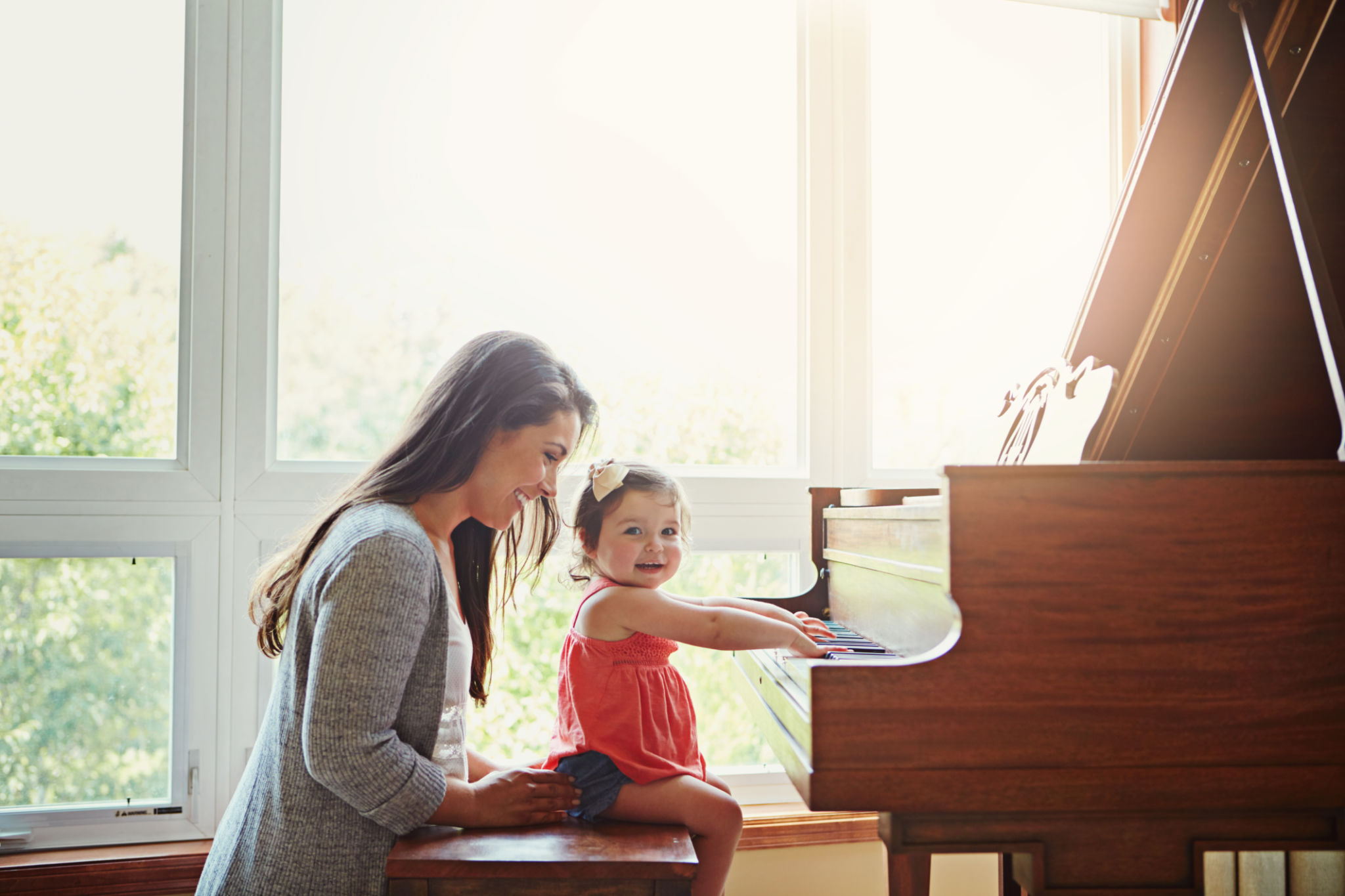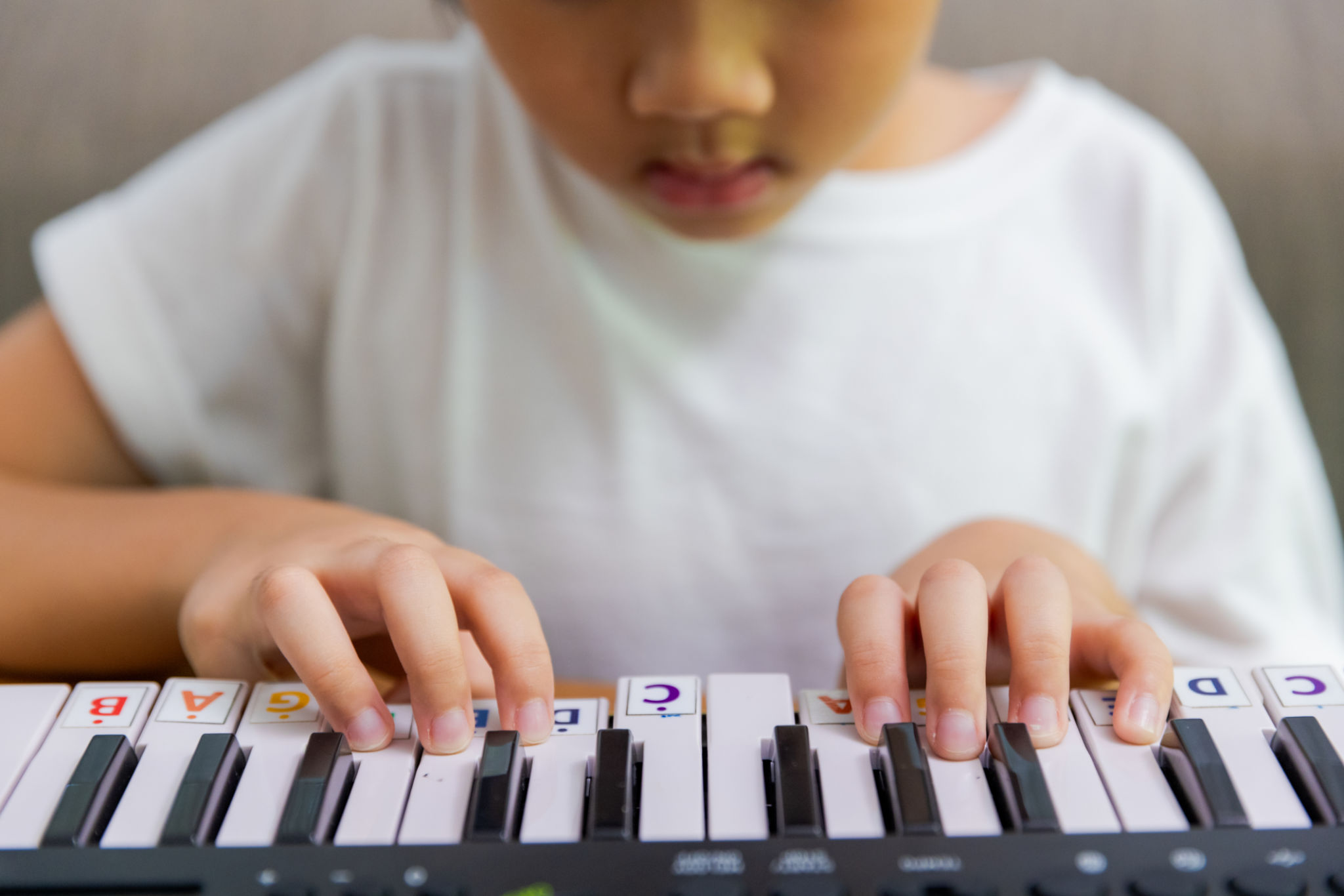The Benefits of Learning Piano at a Young Age
The Cognitive Benefits
Learning piano at a young age offers a myriad of cognitive benefits that extend far beyond the music itself. Engaging with piano lessons helps to improve memory and enhance concentration. Young pianists develop the ability to focus on complex tasks, which translates into better academic performance across various subjects.
Moreover, playing the piano requires using both hands simultaneously in a coordinated manner. This activity strengthens neural connections in the brain, fostering improved hand-eye coordination and fine motor skills.

Emotional and Social Development
Playing the piano is not just a solitary pursuit; it also offers significant emotional and social benefits. Children who learn piano can express themselves creatively, which fosters emotional intelligence and self-awareness. Music serves as an emotional outlet, allowing young musicians to explore their feelings in a constructive way.
Additionally, participating in group lessons or recitals helps children build social skills. They learn to collaborate with peers, perform in front of an audience, and accept constructive feedback, all of which are essential skills for personal and professional success later in life.
Boosting Self-Confidence
Learning to play the piano can significantly boost a child's self-confidence. Mastering a piece of music provides a sense of accomplishment and pride. This newfound confidence often spills over into other areas of their lives, positively influencing their academic and social endeavors.

The Role of Discipline
Regular piano practice instills a sense of discipline and commitment in children. They learn the importance of consistent practice and perseverance to achieve their goals. This discipline is a valuable life skill that can help them excel in various fields as they grow older.
The Joy of Creativity
Perhaps one of the most rewarding aspects of learning piano is the joy of creativity it brings. Children are encouraged to experiment with sounds, compose their own pieces, and explore different musical styles. This creative freedom nurtures their imagination and encourages them to think outside the box.
Furthermore, exposure to music from different cultures broadens their understanding and appreciation of diversity, fostering a more inclusive worldview.

Conclusion
In summary, learning piano at a young age offers an array of benefits that contribute to a child's overall development. From cognitive growth to emotional intelligence, social skills, and creativity, the piano serves as a powerful tool that prepares children for future success. Encouraging young minds to explore the world of music is an investment in their brighter future.
